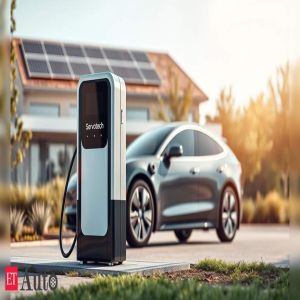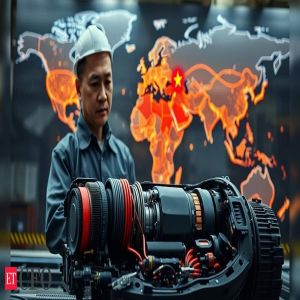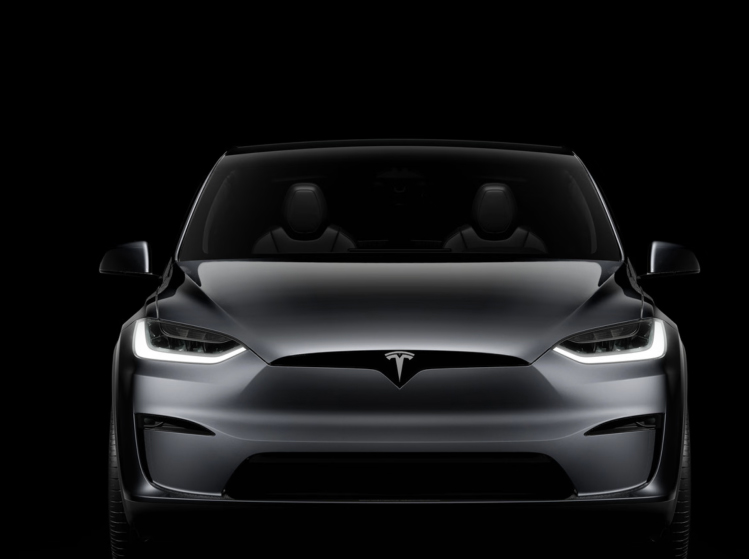New Delhi: India is actively engaging with China to restore stability and predictability in trade-related supply chains following Beijing’s recent restrictions on rare earth exports, which have disrupted electric vehicle (EV) production globally, ToI business desk reports.
“We are in touch with the Chinese side, both here in Delhi as also in Beijing, to bring predictability in supply chains for trade, consistent with international practices,” said Randhir Jaiswal, spokesperson for the Ministry of External Affairs, during a press briefing on Thursday.
The diplomatic outreach comes in response to China’s move in April to tighten export controls on seven rare earth elements, including samarium, gadolinium, terbium, dysprosium, and lutetium. These elements are vital in the production of high-performance magnets used in EV motors, as well as in advanced technologies like missile systems and defense electronics.
Automaker's take on it
The restrictions, which now require special licences for exports, have sent ripples across the global automotive supply chain. India’s largest carmaker, Maruti Suzuki, has reportedly scaled back its near-term EV production targets due to concerns over raw material shortages. According to Reuters, the company now plans to manufacture just 8,000 units of its debut electric vehicle by September—down sharply from an earlier target of over 26,000 units.
While Maruti Suzuki Chairman R.C. Bhargava stated earlier this week that “as of now, there is no impact on production,” the supply-side risks remain significant. China currently controls over 90per cent of the world’s processing capacity for rare earth materials, leaving EV and hybrid vehicle manufacturers heavily reliant on its exports.
Several Indian automakers have sought urgent government intervention to fast-track approvals from Chinese authorities via local vendors. However, delays in licence issuance have deepened the uncertainty, particularly for manufacturers dependent on rare earth magnets for EV propulsion systems.
These magnets are essential components in permanent magnet synchronous motors (PMSMs), which deliver high torque and efficiency in compact EV designs. While internal combustion engine vehicles use such magnets in subsystems like electric power steering, their role in EV drivetrains is far more critical.
As India pushes toward its clean mobility and net-zero goals, securing a reliable supply of critical materials is becoming a top strategic priority. The government is simultaneously exploring alternative sources and chemistries to reduce dependence on Chinese imports. However, in the short term, manufacturers continue to navigate an increasingly volatile global supply landscape.





Comments (0)